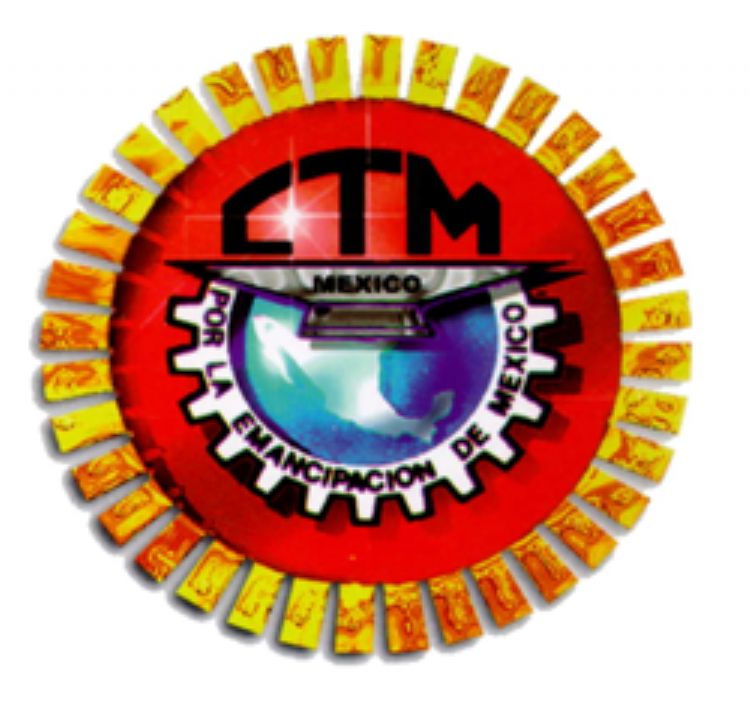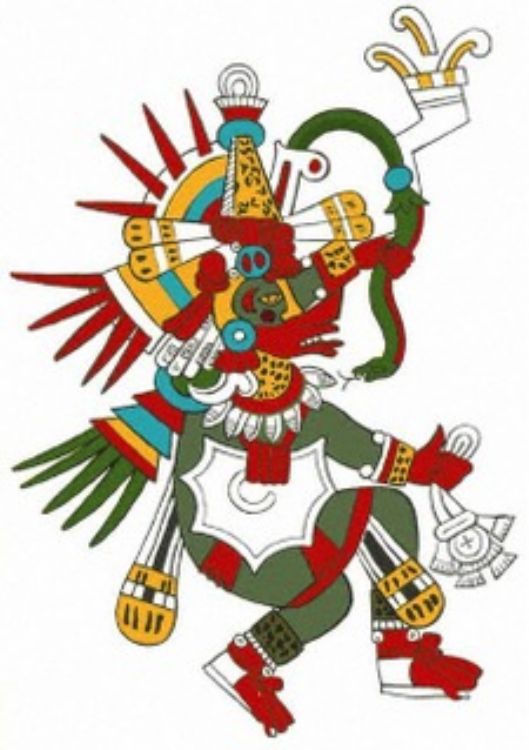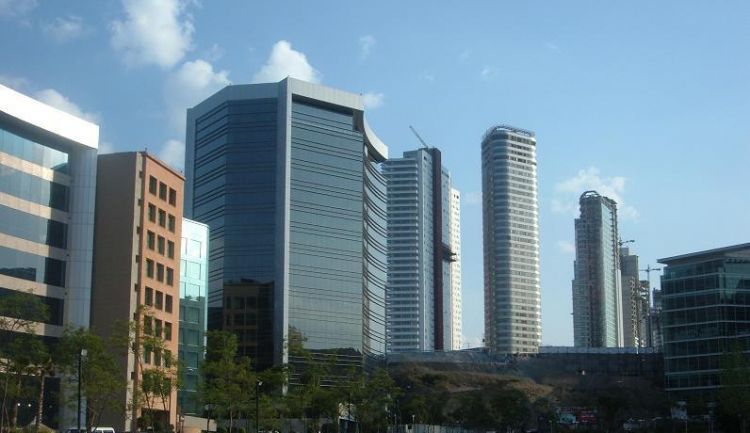Mexican Unions

Mexican syndicalism originated during the first decades of the XX century, when the revolutionary struggle ultimately established the constitutional document, the right to freedom of association; since then and with the support of federal governments, syndicalism in Mexico slowly formed groups representative of different guilds in the country.
However, since then a duality is being established; on the one hand, the primary goal of Mexican syndicalism should have been the defense of workers rights regarding political, social and economic changes. In that sense, from the 1930âs to the 80âs union movements had great achievements firmly instituted in the Ley Federal del Trabajo (Federal Work Law).
For example, a work day should not exceed 8 hours. Other conquests can be added, originated from the relation between union leaders and government, such as obligatory rest days, benefits including profit participation, paid vacations, the right to health services, among others that have been kept, and even exceeded by some guilds.
The second part of the duality is that syndicalism in Mexico has been formulated as a social resistance group and hasnât allowed the countryâs economic and structural development. That is the case of highly important unions, for their number of union members and the industry or activity they represent, such as the Sindicato de Trabajadores de Petróleos Mexicanos (oil workers union), currently confronting the Government because it considers unfeasible the options of energy reform that would privatize important sectors of the oil industry.
In a special and representative case is also the Sindicato de Trabajadores del Instituto de Seguridad y Servicios Sociales de los Trabajadores del Estado (ISSSTE), reaching an unsustainable crisis, where the pension system had to be reformed in 2007 for guaranteeing the Instituteâs stability, for a long time it had a political alliance resulting in benefits above its economic capacity.
Other unions are being discussed, because its fundamental value of representation is doubted, due to the economic and political power certain leaders acquire by the contributions of union members, the same as relations that can be established as political forces with other groups.
In this sense, the challenges for Mexican syndicalism center on restructuring its own representation systems, electing persons with management skills that allow maintaining the rights that respond to clear economic realities. Modern syndicalism implies the search for balance between labor rights and economic models for better training and specialization.
Artículo Producido por el Equipo Editorial Explorando México.
Copyright Explorando México, Todos los Derechos Reservados.
Foto-Logo Tomado de Wikipedia.Org






